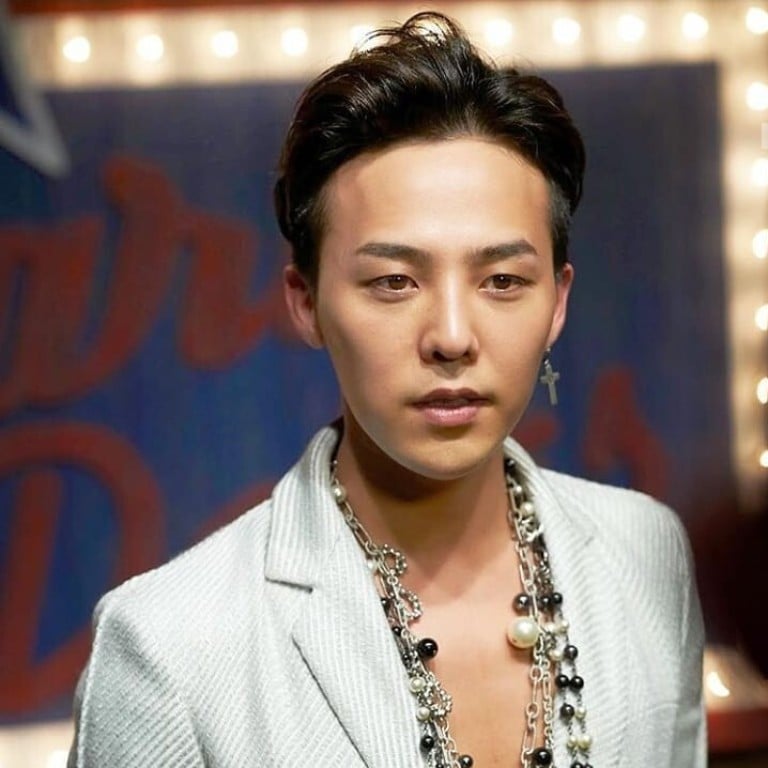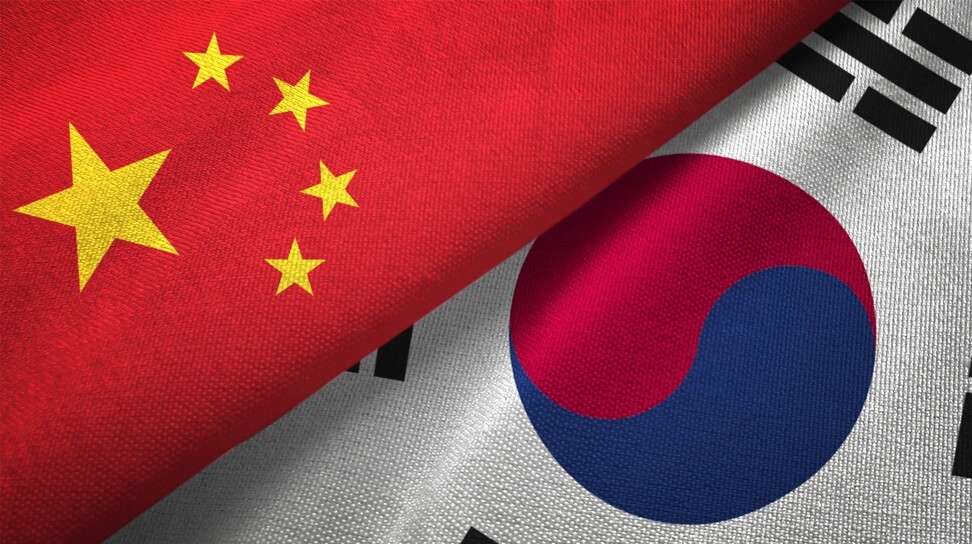K-pop in China – does G-Dragon’s Nongfu Spring deal signal the end of Beijing’s unofficial ban on Korean entertainment?

Given China’s unofficial ban on Korean entertainment, G-Dragon’s endorsement comes as a surprise to many, especially to K-pop fans. Clearly, G-Dragon’s influence on China’s youth market reigns supreme – but is it enough to lift the “ban”?
What went wrong

China and South Korea’s strong bilateral ties took a rough turn when, in 2016, South Korea agreed to work together with the US to build a system called THAAD (Terminal High Altitude Area Defense), which functions like a missile shield to defend against attacks from North Korea.
This move put South Korea directly between China and the US – two of its biggest trading partners. A Foreign Policy report estimates 25 per cent of South Korea’s exports end up in China, while a good 12 per cent goes to the US.
Unfortunately for South Korea, China believes that the US defence system poses a threat to China’s national security and can be used to spy on its own missile programs, according to a 2017 South China Morning Post report, and the relationship has turned sour since.
Will BTS ever perform in China?
China strikes back
In short, all things Korean saw an imminent, virtual ban in China. Korean streaming sites were blocked, and popular internet users called for the boycott of Korean products and anything relating to Korean entertainment. South Korean celebrities cancelled tours in China, and Chinese K-pop fans had to fly overseas if they wanted to see their idols.
What once led China’s trend-driven youth had lost its allure – or at least its entryway. Korean culture, including everything from cosmetics to fashion to K-pop and K-drama, used to be all the rage, especially in the capital Beijing.
“It may not involve guns or military attacks, but the fierce Chinese counter-attack is a resistance against foreign influence, and an attempt to further solidify Beijing’s dominance in the region,” a 2017 Vox report pointed out.
K-pop lives on
Despite the ban, Chinese fans found ways to access Korean content. China and South Korea, after all, share similar values, and the way Korean dramas have adapted Confucian teachings to characters’ modern-day lifestyles proved to be appealing and relatable to young Chinese audiences.
Why G-Dragon, Zico and Kai are the fashion kings of K-pop
The Heirs, Uncontrollably Fond, My Love from the Star (which also stirred a chicken and beer craze in China), Descendants of the Sun and Sky Castle are just a few of the many titles that trended in Chinese social sites. In Beijing, clothing and cosmetics featured on K-dramas heavily influenced the shopping habits of fans, even causing items to sell out.
Clearly, China’s market was simply too large to ignore, and South Korea was quick to make adjustments. SM Entertainment was the first of Korea’s entertainment giants to launch sub-units of its popular boy bands specifically for the Chinese market.
The agency also boosted its Chinese artists’ solo careers in their homeland, such as Victoria Song of former girl group F(x) and Lay Zhang of Exo.
G-Dragon breaks through
What does G-Dragon have to do with the “ban”? Another event that made fans hopeful was China’s invitation to Korean artists to appear in the Asian version of the We Are The World 2020 online concert. Taiwanese musician Jay Chou, Hong Kong singer Jacky Cheung and Bigbang’s G-Dragon all headlined the virtual gig on April 30.
75,000 K-pop fans paid US$27 to stream SuperM’s live concert stream
Aimed to raise funds to fight against the coronavirus, the event was “the first time that China opened up all its online platforms for Korean content since constraints began in 2016”, Korea Times reported.
However, the report maintains that while G-Dragon’s steady presence in China is considered “a good sign”, it is too early to conclude a possible removal of the ban – which was never acknowledged in the first place. The move may simply be China’s way of showing appreciation for the support South Korea has given the Chinese people in light of the pandemic.
Want more stories like this? Sign up here. Follow STYLE on Facebook, Instagram, YouTube and Twitter .

China blocked Korean music, drama and Hallyu culture in 2016, but a blockbuster sponsorship deal with BigBang’s G-Dragon, plus a warm welcome for the ‘King of K-pop’ at Asia’s We Are The World 2020 concert, suggest the cold culture war may finally be thawing